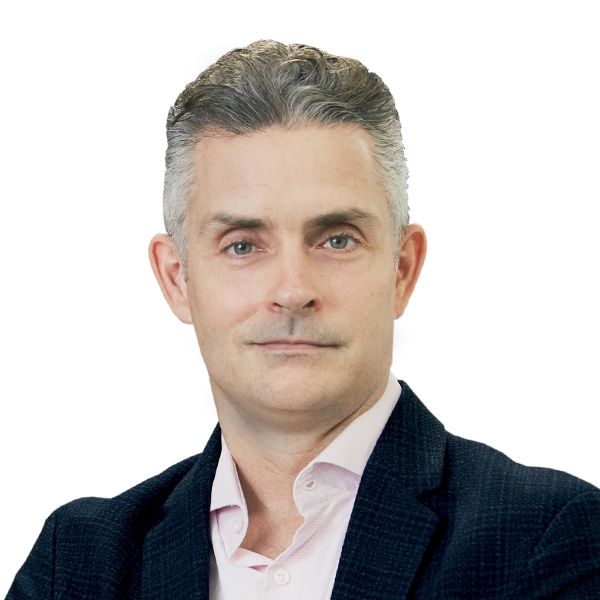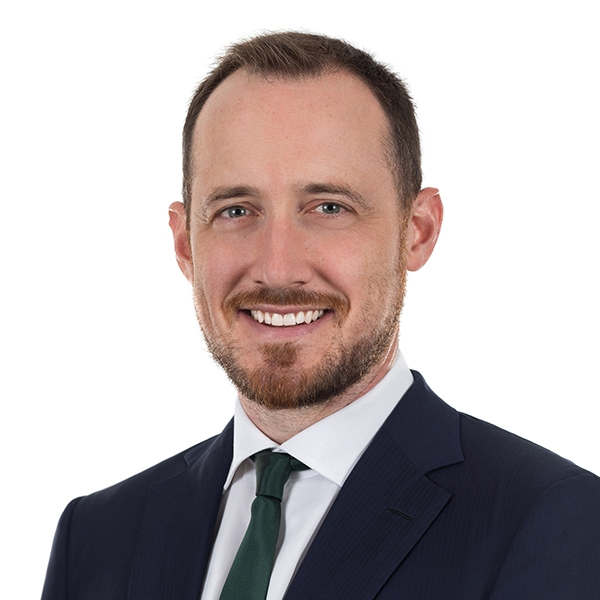This article is an extract from the European M&A Outlook 2024: Turning the Corner? For the full report, follow the link at the bottom of this page.
M&A activity decelerated in H1 2023 across the Gulf Co-operation Council (GCC) – namely the United Arab Emirates (UAE), Kingdom of Saudi Arabia (KSA), Bahrain, Kuwait, Qatar and Oman – with a 22% decrease in volume and a 57% decrease in value from H2 2022. However, that is more a reflection of the worldwide dip in M&A activity than activity in the Middle East.
The decreased appetite for M&A on a global scale has meant that GCC assets were targeted in 90 transactions worth USD 9bn in H1 2023, compared to 126 transactions worth USD 24bn in H1 2022. The UAE appears to have weathered the slowdown better than other GCC states, recording a generous 54 deals worth USD 6.09bn in H1.
Outbound investment remains a key theme for the GCC. In H1 2023, a total of 74 deals involving sovereign wealth fund (SWF) acquirers were announced globally. Of those 74 deals, 25 (34%) were GCC SWFs, worth a combined USD 7.9bn. The M&A activity generated from GCC SWFs in H1 2023 is robust by historical comparisons – GCC SWF bidders were on average involved in just over 28 deals annually between 2018-2021.
Investments by SWFs account for most of the deals originating from the GCC, with many funds investing in regions with high growth potential, such as Central & Eastern Europe, as well as in emerging industries such as medtech, artificial intelligence and other advanced technologies. They are also investing in new verticals to consolidate local markets in strategic industries, including sectors driven by regional national security policies.
The KSA’s Public Investment Fund (PIF), for example, recently acquired stakes in four local construction companies worth USD 1.3bn to improve local supply chains for current and upcoming projects in the Kingdom, while UAE SWFs have continued exploring (among various other sectors) agriculture and water technology assets.
Strategic importance
Foreign direct investment into the KSA and UAE reached a record level of USD 40bn in 2022 and is expected to further grow in 2023. The KSA’s ‘Vision 2030’ aims to privatise certain public-owned industries (including education and healthcare) and to invest in infrastructure to support its increasing renewable energy initiatives, high-tech mega cities and giga projects such as NEOM, ROSHN, AlUla and the Red Sea Project, which together will cost at least USD 650bn.
Similarly, the UAE’s Mohammed Bin Rashid Al Maktoum Solar Park and Etihad Rail’s UAE railway (expected to link the UAE with all of the GCC states) are testament to the UAE’s renewable energy and infrastructure initiatives. Both the KSA and UAE are and will remain attractive target economies in the GCC, particularly as they continue to adapt their laws to facilitate foreign ownership of local companies or assets.
Technology, media & telecoms (TMT) contributed more GCC deals in H1 2023 than any other sector, with TMT assets being targeted in 26 deals worth USD 3.92bn. The next best industry after TMT in terms of deal volume was professional services, which logged 17 deals worth a combined USD 1.92bn in H1. We expect meaningful growth in these best performing sectors, in addition to the transport and manufacturing industries, which are key target sectors for most of the GCC states, as well as the tourism and hospitality spaces in the UAE, KSA and Oman.
Global appeal
North America and Europe remain the main areas of inbound investment into the GCC. The highest bidders in value terms in H1 2023, however, were Canadian, contributing USD 2.92bn from two deals – most of that value was generated from Canadian-owned Brookfield Asset Management’s acquisition of Network International Holdings (NIH), a payments provider in Dubai.
We are increasingly seeing interest from Chinese and Indian investors in the GCC region and expect this to grow in the coming years, especially as the KSA market matures. The GCC is expected to be sufficiently resilient to global headwinds in light of its energy self-sufficiency (and anticipated steady oil prices), national growth plans and upcoming mega and giga projects. The GCC is already in a strong position so long as its traditional manufacturing, construction, industrial and energy sectors continue to show a steady flow of M&A activity.
Despite the political and economic obstacles faced by its European counterparts, the GCC has not been dissuaded from investing into Europe, as evidenced by the acquisition by UAE telecoms group e& of a majority stake in PPF Telecom Group’s assets, consisting of CETIN and O2 assets across Bulgaria, Hungary, Serbia and Slovakia, for EUR 2.15bn in August 2023. Challenging conditions in Europe have generated opportunities for well-capitalised GCC states and local businesses to pursue outbound investment strategies, where we anticipate that TMT and manufacturing, as well as traditional real estate, hospitality and logistics, will be sectors of interest.
To download the full report please follow this link




Social Media cookies collect information about you sharing information from our website via social media tools, or analytics to understand your browsing between social media tools or our Social Media campaigns and our own websites. We do this to optimise the mix of channels to provide you with our content. Details concerning the tools in use are in our privacy policy.